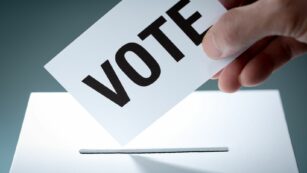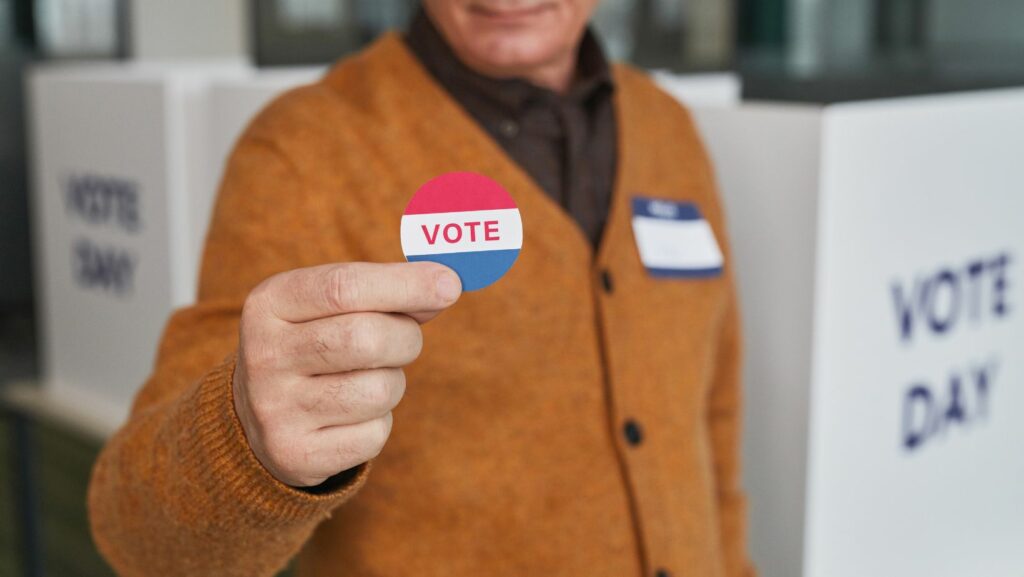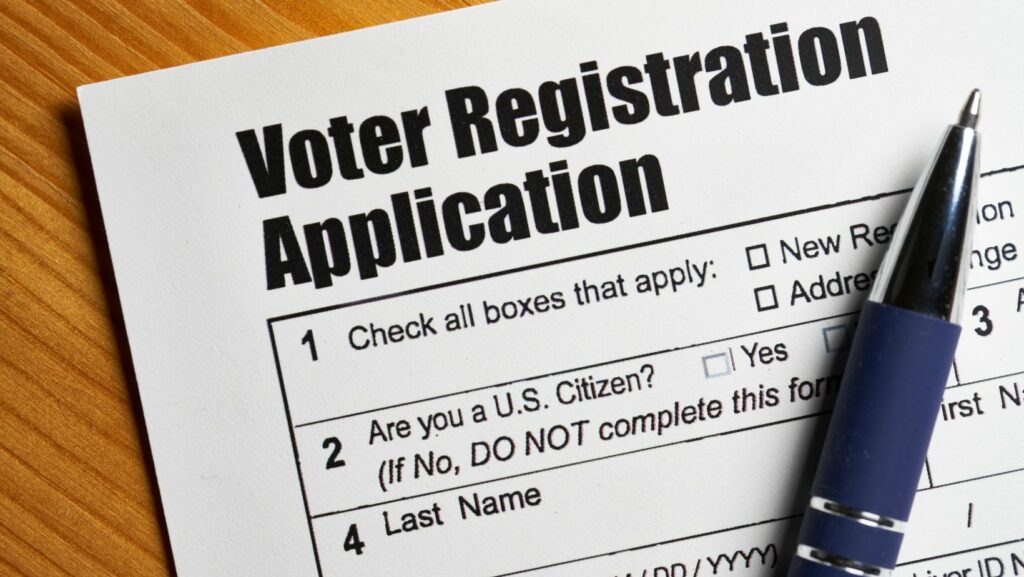In the complex landscape of political elections, the concept of the “single issue voter” stands out as both intriguing and influential. These voters prioritize one pivotal issue above all others when casting their ballots. Whether it’s healthcare, gun rights, or climate change, their unwavering focus on a single topic can significantly sway election outcomes.
I’ve noticed how single issue voters often drive political discourse, pushing candidates to take clear stances on key issues. This phenomenon highlights the power of focused advocacy and the impact of aligning one’s vote with personal values. Understanding the motivations and influence of single issue voters offers valuable insights into the dynamics of modern elections.
Single Issue Voter
 Single issue voters focus intensely on one key issue when making electoral decisions. This focus can range from healthcare to gun rights. Their decision-making process bypasses other political considerations, honing in solely on their chosen matter. Candidates aiming to win this group’s support often adopt strong stances on relevant topics.
Single issue voters focus intensely on one key issue when making electoral decisions. This focus can range from healthcare to gun rights. Their decision-making process bypasses other political considerations, honing in solely on their chosen matter. Candidates aiming to win this group’s support often adopt strong stances on relevant topics.
I see these voters’ commitment often shaping political landscapes. They become pivotal in closely contested elections by allowing a significant shift in votes based on their priority. Parties and candidates need to understand and address their concerns to leverage this group’s influence effectively.
Single issue voters are not uniform; diverse backgrounds and experiences often influence what they prioritize. One person’s focus may be environmental protection, while another’s is immigration policy. By understanding the diversity within this group, political strategists can construct targeted campaigns and platforms.
Characteristics of Single Issue Voters
 Single issue voters focus on one critical topic above all others when casting their ballots. They can significantly influence election results by swaying candidates to address their prioritized concerns.
Single issue voters focus on one critical topic above all others when casting their ballots. They can significantly influence election results by swaying candidates to address their prioritized concerns.
Single issue voters often coalesce around specific topics critical to them. For instance, abortion rights attract strong advocacy from both sides, with voters often unwavering in their stance. Gun control, focusing on legislation for or against firearm regulations, consistently motivates a dedicated voter base. Environmental concerns, particularly climate change, engage individuals passionate about sustainability and ecological impact. Immigrant rights, addressing policies affecting undocumented individuals, also drive committed voting blocks.
Arguments Against Single Issue Voting
Critics argue that single issue voting oversimplifies complex political landscapes. By focusing solely on one issue, voters might overlook other crucial policies that affect broader societal and economic well-being. Analysts suggest this limited perspective can lead to an imbalanced evaluation of political candidates, who might be favored or dismissed based solely on a stance on a singular concern. Furthermore, some believe it encourages political fragmentation, where coalition-building becomes challenging due to a lack of comprehensive engagement with diverse policy areas.
How It Affects Broader Policy Making
Single issue voting can skew broader policymaking processes. When policymakers cater to single issue voters, they may prioritize niche issues at the expense of a balanced agenda. This focus can result in underrepresented discussions around interconnected policies, limiting comprehensive reform. For instance, prioritizing environmental concerns without regard to employment implications can create polarizing debates, complicating efforts to develop holistic solutions. The challenge lies in balancing fervent advocacy for singular issues with the need for policies that address multilayered societal challenges.
The Future of Single Issue Voters
 Single issue voters will continue to play a pivotal role in shaping political landscapes. Their ability to drive candidates and parties to prioritize specific issues underscores their influence in modern elections. As political environments evolve, these voters will likely become even more significant, particularly as new issues emerge on the global stage.
Single issue voters will continue to play a pivotal role in shaping political landscapes. Their ability to drive candidates and parties to prioritize specific issues underscores their influence in modern elections. As political environments evolve, these voters will likely become even more significant, particularly as new issues emerge on the global stage.
Understanding the motivations and diversity of single issue voters is crucial for political strategists. By aligning campaign messages with their priorities, candidates can harness their passionate support. However, it’s essential to balance these focused agendas with broader policy considerations to ensure comprehensive governance.
As we move forward, the challenge will be addressing the complexities of single issue voting while fostering a political climate that encourages holistic solutions. By acknowledging their impact and working towards inclusive strategies, we can better navigate the intricate dynamics of democratic processes.



